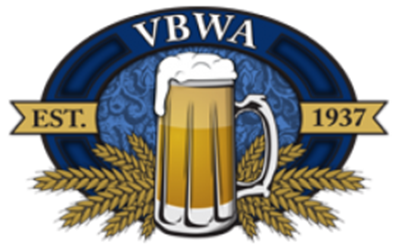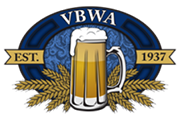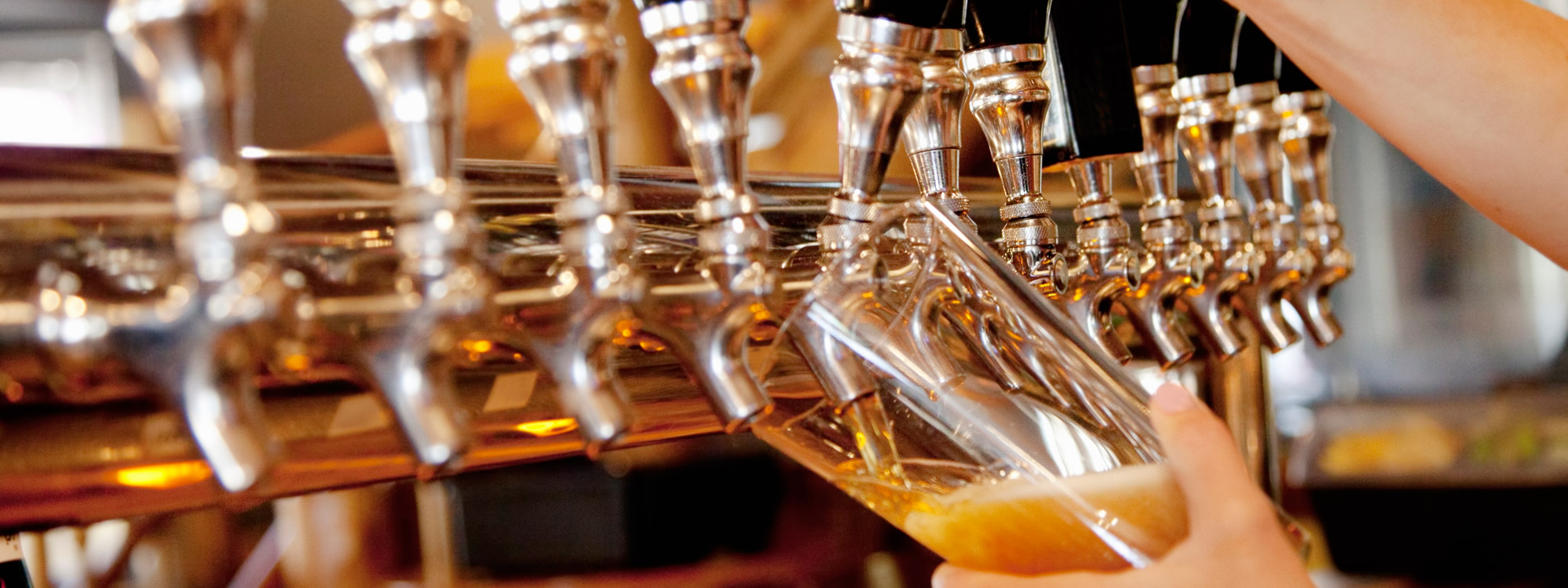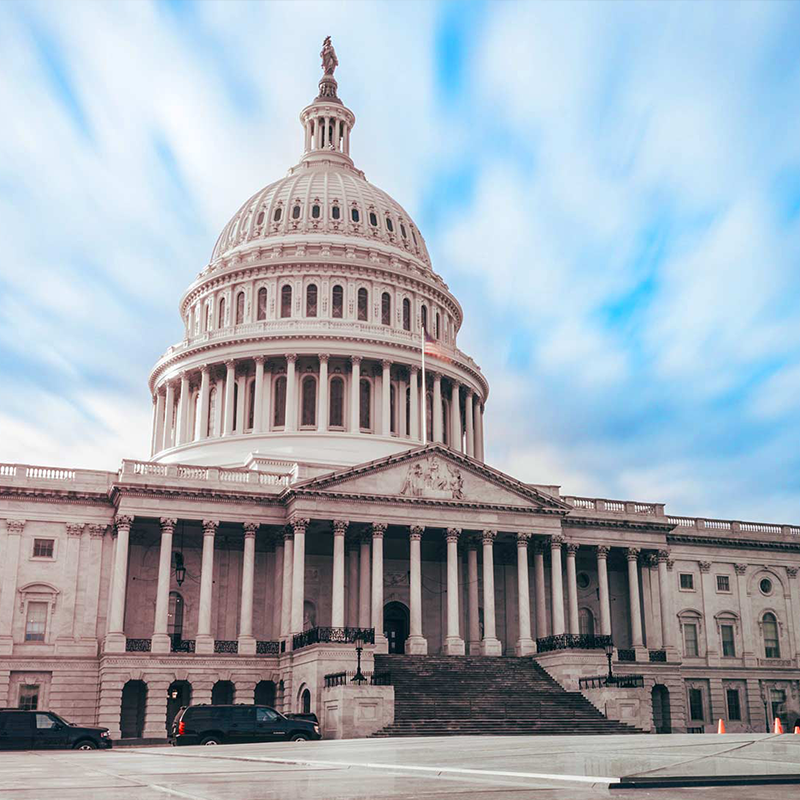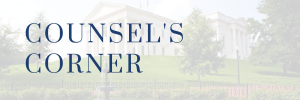
July 2023 Update: The VBWA and our ABC counsel, Kevin McNally, spent much of the spring writing comments that were sent to the TTB. These comments align with our state peers and the national association; a copy was emailed to VBWA members at the beginning of July.
Our goal is to encourage innovative thinking to promote industry competition without undermining the wholesale community’s steadfast commitment to the three-tier system. You can view and download the comments here.
The following article was published in April 2023.
By Kevin R. McNally, VBWA Counsel
In November 2022, the Alcohol and Tobacco Tax and Trade Bureau (TTB) announced a wide-ranging review of its trade practice regulations. In particular, TTB invited comment from industry members and the public on revisions to its regulations related to the Federal Alcohol Administrative Act’s prohibitions against exclusive outlets, tied house, commercial bribery and consignment sales.
The impetus for this sweeping agency review stems from an Executive Order issued by President Biden in July 2021. That order directed the Department of the Treasury, of which TTB is a part, to assess the competitiveness of current U.S. market and distribution structure for alcoholic beverages. The goal: identify and eliminate trade practices and regulations that hinder competition or entry into the market by small businesses.
TTB directly regulates only two participants in the three-tier system: manufacturers and distributors. As such, TTB has signaled its particular interest in their activities that impinge upon retailer independence, thereby lessening competition.
- For example, TTB is concerned that “category management,” when led by a manufacturer or distributor, influences purchases by the retailer, which then undermine its independence.
- In the same vein, TTB views shelf plans and schematics provided to the retailer as diminishing retailer independence and potentially hindering competition among industry members.
TTB also is casting an eye on its current regulations governing inducements to retailers. The organization wants to better define and identify when a manufacturer or distributor has “crossed the line” by providing something a value to a retailer.
- For example, the payment of “slotting fees” for alcoholic beverages is prohibited under current TTB regulations, but does the payment of such fees to a retailer by an industry member for products other than alcoholic beverages still act as an inducement to the retailer?
- When does the gifting or subsidizing of equipment used to display or dispense a particular product become an unlawful inducement to the retailer?
- At what point does providing retailers with point of-sale-materials and consumer specialty items become an impermissible inducement to the retailer?
These are just a few of the many topics TTB is considering as part of its most comprehensive review in over 20 years. It is a not-so-startling admission that many of its current trade practice regulations are too vague and arbitrary to effectively enforce, given vast changes in the alcoholic beverage market in recent decades.
